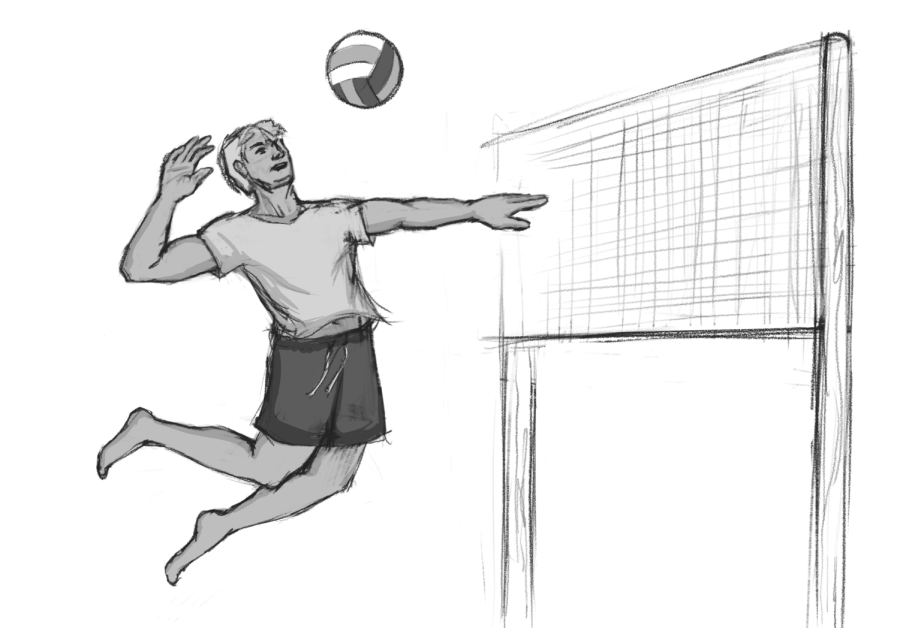Students should spend their summer doing things that they enjoy
If summer were a movie, it would be “The Social Network,” and everyone would be a super-genius competing to see who has what it takes to become successful. Gunn students — and students worldwide — make a choice every summer to either devote those two glorious months to rest and relaxation, whatever form they may take, or to the pursuit of activities that further their academic careers. Of course, these two options are not mutually exclusive — students may find joy and relaxation in academically enriching activities. They should, however, keep in mind that they already go to school for the other 10 months of the year, so they should be spending their time doing things that they enjoy, regardless of whether they’re academic or not.
More often than not, students feel the need to make the most of their free time by preparing for their futures — going to research institutes, to pre-college programs or on volunteer trips. While these are all great endeavors for students’ resumes, they contribute to burnout — a negative reaction to prolonged study that leads to exhaustion. According to a study conducted by the New York University College of Nursing, 49% of high school students surveyed felt a great deal of stress on a daily basis. Burnout is an all-too-common experience in a hyper-competitive environment in which students might rush to get ahead academically and develop areas of depth in their resumes. According to research from Boston University published in 2022, burnout can cause exhaustion, depersonalization and an overall drop in work performance. Why should students stretch themselves thin over the summer if it hurts their performance in the long run?
Students work from August until June, and when they graduate, they will most likely work year-round, since most full-time jobs do not include paid summer vacations. But right now, students are kids. The huge responsibilities and pressures of adulthood will come later, so it’s counterintuitive to expedite the transition into adulthood by stuffing summers full of work now.
All in all, students shouldn’t spend their entire summers lying in bed playing Hay Day — that probably isn’t very good for their eyes or brains. They should, however, dedicate some time to lying in bed playing Hay Day, and not feel guilty about taking time to relax and let their brains cool off. What’s most important is that students do things that they love but normally don’t have time for during the school year — learning new hobbies, discovering new places or trying new foods. And if a student really wants to, they should go ahead and take that summer course. What matters is that students feel adequately refreshed for whatever future lies ahead and therefore capable of reaching for their wildest ambitions.

